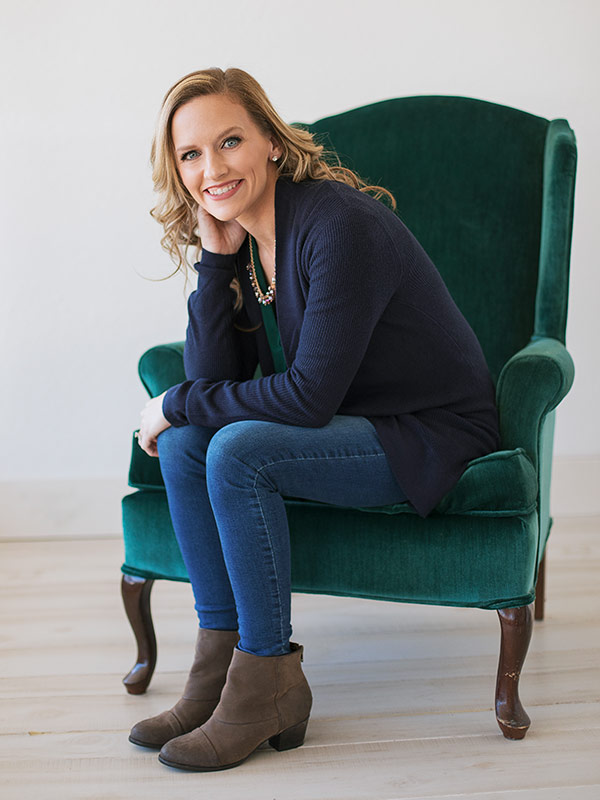1. How Long Does It Really Take to Build a New House?
So often we get calls from potential clients who are considering building a new home, but aren’t quite ready to dive right in. There are so many factors to consider if building a new home might be in your future. The obvious one is what the cost will be. But beyond the cost, building has to fit into your lifestyle too. It’s an undertaking that requires some coordination. Maybe you’re renting and need to figure out how many more months of rent checks you’ll be writing out. Maybe you have a home to sell and you need to know where you’ll live if your house sells faster than anticipated before your new house is done. The bottom line is that it’s nice to know ahead of time about how long building a new house will take.
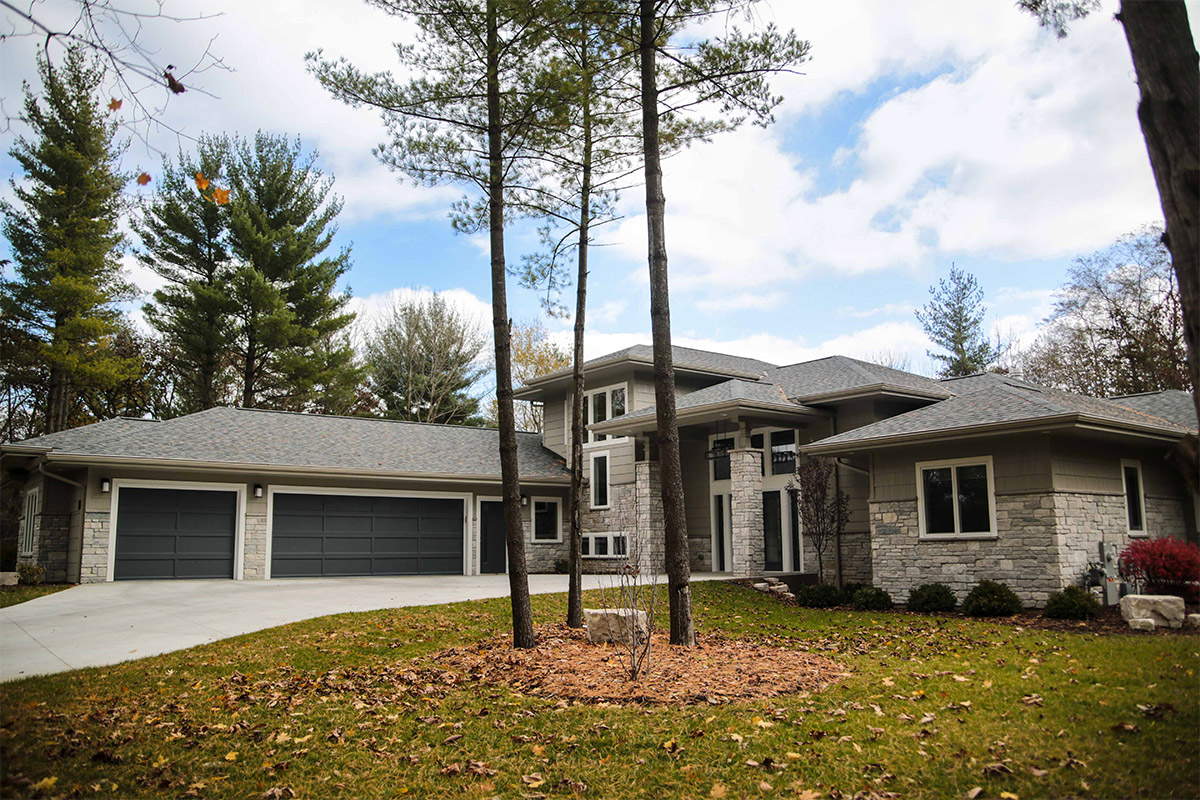 Most builders probably start to sweat at the thought of guaranteeing an end date on a project like a brand-new house. I’m sure you can understand why. Sometimes there are just factors out of our control, like the weather or material deliveries, that make guessing at an end date about as accurate as looking into a crystal ball. But, this blog is meant to be an honest look at what building a new house is like. So, I’m going to give you an answer that’s typical…for a typical home. One that’s based on my own personal building experiences, what I know about the industry, and what it’s like to build a house in Wisconsin, where our weather is pretty wintery and unpredictable for most of the year.
Most builders probably start to sweat at the thought of guaranteeing an end date on a project like a brand-new house. I’m sure you can understand why. Sometimes there are just factors out of our control, like the weather or material deliveries, that make guessing at an end date about as accurate as looking into a crystal ball. But, this blog is meant to be an honest look at what building a new house is like. So, I’m going to give you an answer that’s typical…for a typical home. One that’s based on my own personal building experiences, what I know about the industry, and what it’s like to build a house in Wisconsin, where our weather is pretty wintery and unpredictable for most of the year.The short answer: About five or six months once the permits are pulled. The long answer: It’s pretty typical that the planning stage on its own can take six to eight weeks, depending. Meeting with your builder initially, meeting with your designer, making revisions to plans, finalizing, and then waiting for a bid – these are all things that I’d consider to be in the planning stage. Once these are done and you’re ready to move forward with your contract, then the timeline can start ticking from there.
2. What Does “Custom Home Builder” Really Mean?
Some of you might already know that a custom build means exactly that… it’s totally custom. But even still, we often have clients who say “I get to pick that out?” and they are unsure of the control they have over their build. Especially for clients who might’ve built in the past where they were given a certain list of standard options that correspond to house plans that they could choose from – building a custom home is totally different.
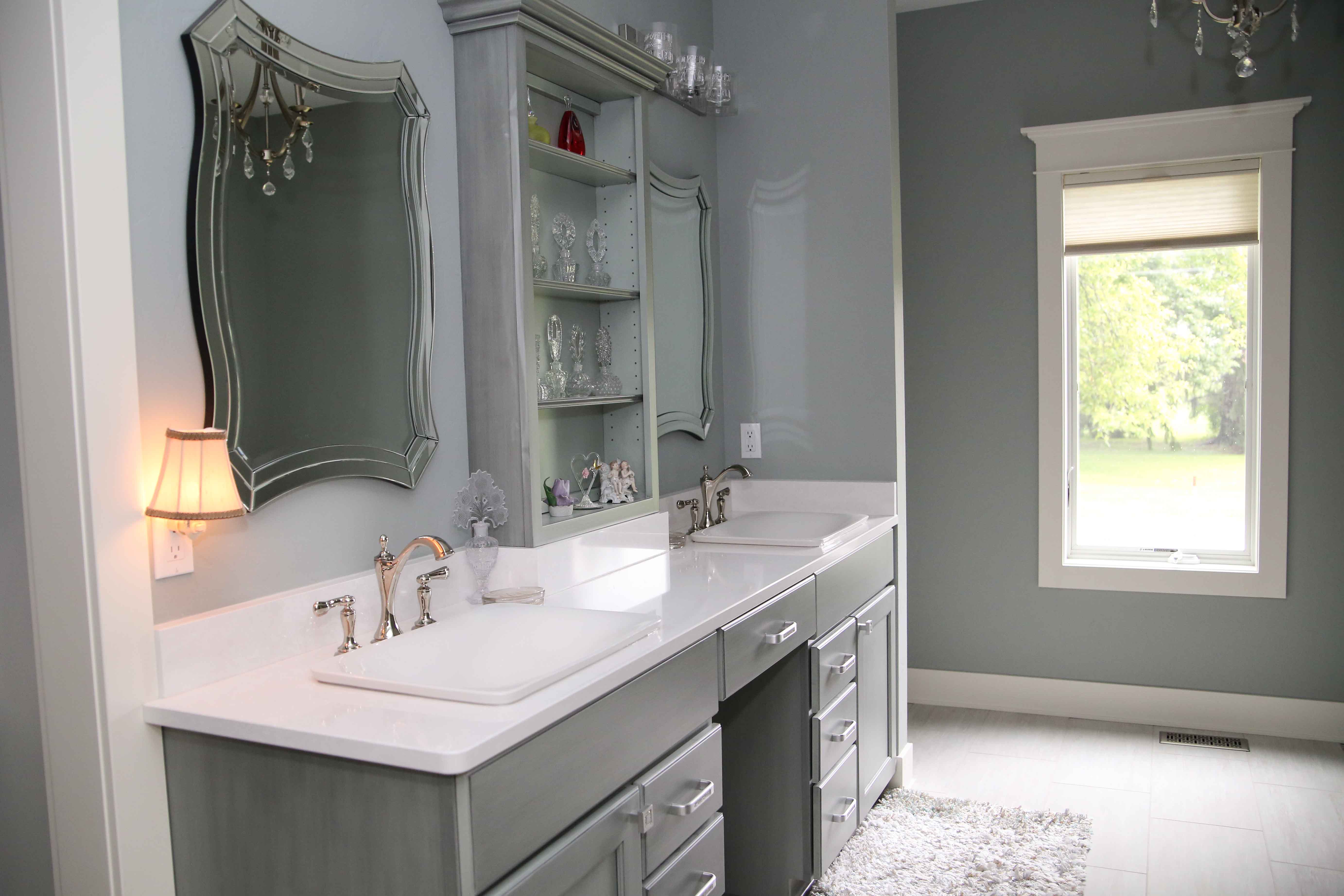
I like to think of it like this: Anything that most people would care to pick out, the details can be chosen by you. If you love a certain brand of cabinetry, of course you get to choose. If you love the style of a certain lever handle for your interior doors – it’s your pick! Maybe you’ve always wanted smooth drywall walls – you bet you can have that. On a custom build, we’re working to make your dream come to life. There isn’t a list of standard options that you can upgrade from, it’s totally based on what you would love to have in your new home.
3. Is Building More Expensive Than Buying?
We do get this question quite a bit and it just depends on the building environment and the current market at the time. A lot of times it comes down to land. In areas that have a high demand for lots to build on, the cost of purchasing land can be a factor that makes building more expensive. This is what we see most often in our area. Since space to build in Milton, WI is pretty tough to find, the lot costs need to be factored into anyone’s building plans and it can make things expensive. The cost of materials also play a role in costs associated with building, and this just depends on the economy at the time.
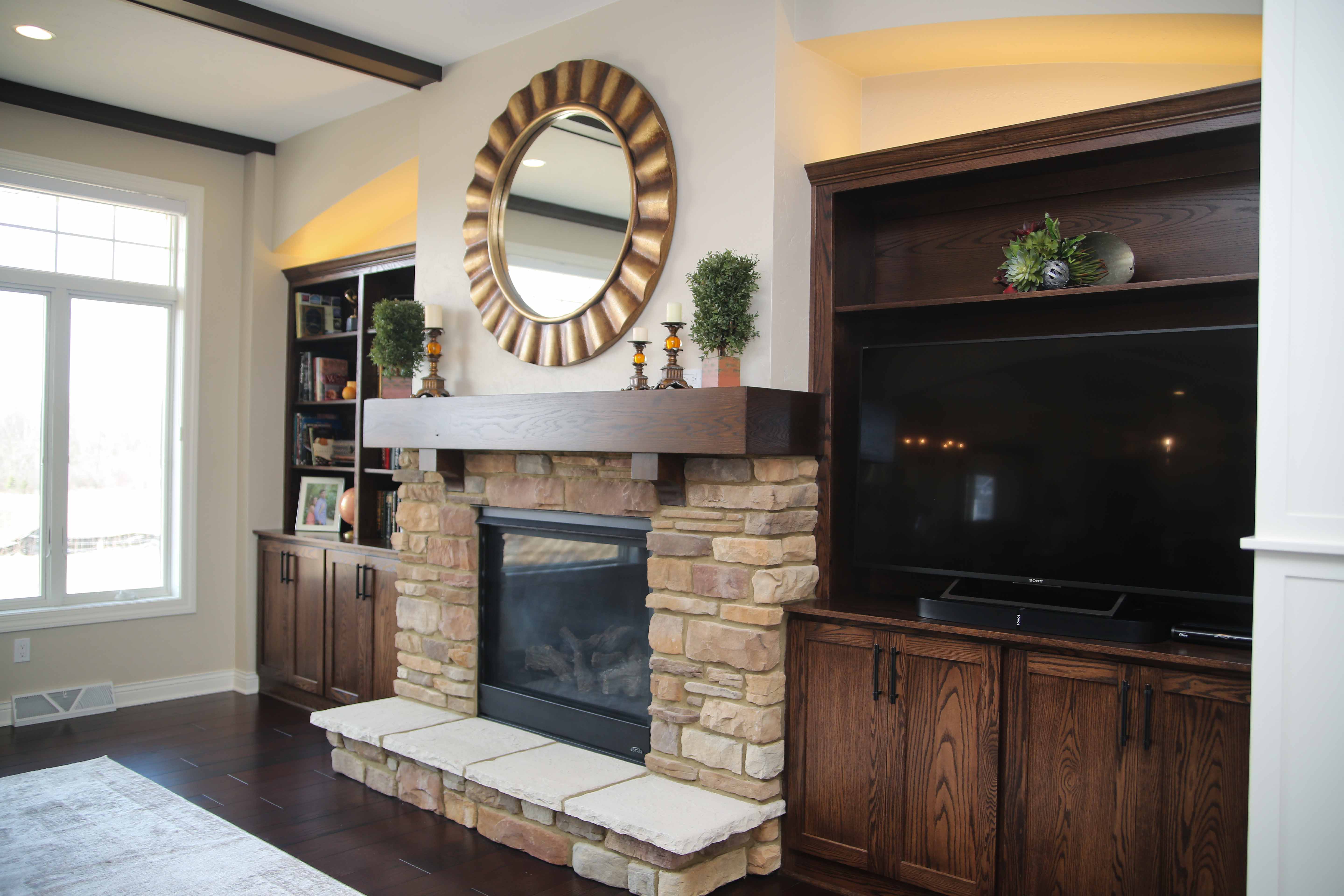
If I had to say one way or the other, I would make an educated guess based on our current economy and market and say that in most cases building is more expensive than buying right now. But, you have to consider the value you’re getting for your money too. Do you save a little and settle for a home that is close to what you were hoping for, knowing that you’ll spend money on remodeling in the future? Or know that you’ll have to replace many items in the home in 15 years? Or do you spend more and get exactly what you want with a new home?
4. How Does Financing a New Home Work?
This is probably one of those questions that could be an entire blog post on its own (maybe something for the future). For now, I’ll just give a general overview of what happens when you build.
When you’re getting ready to build, you work with a mortgage lender at your bank. They start by taking a look at your new home contract and your budget and then make sure everything looks like it will work out. They talk to you about how much you can afford, they take a look at your credit, and they also do an appraisal on your house plans to make sure that the proposed building cost seems reasonable based on what you’re getting.
Next, you get set up with a construction loan. This is a temporary loan that you draw from during your build, and the interest rate is typically very low (it’s based on the prime rate) – somewhere around 5% let’s say. As your home is getting built and your builder submits draw requests when they need to get paid, you as the homeowner, just pay the interest on whatever the amount is that you’ve used from the loan at the time. Then, once your home is completely done, then your lender will help you convert your loan to a permanent mortgage.
5. How Can We Stay Within Our Budget?
When you’re building a new house, it’s so important that you work closely with your builder to help you stay close to your budget. When we present our clients with a proposal, we base this on all of the specifications that they *think* they will want when they initially start planning their build. We gather this info through a series of meetings and then put together a price based on this. However, once you’re knee-deep in building and you’ve spent countless hours on Pinterest looking up ideas – you might change your mind! It’s so common that our clients feel more educated and confident as the process unfolds and then they decide to change their mind on certain aspects. In a custom build, you can do that and that’s what allowances in our contract are for.
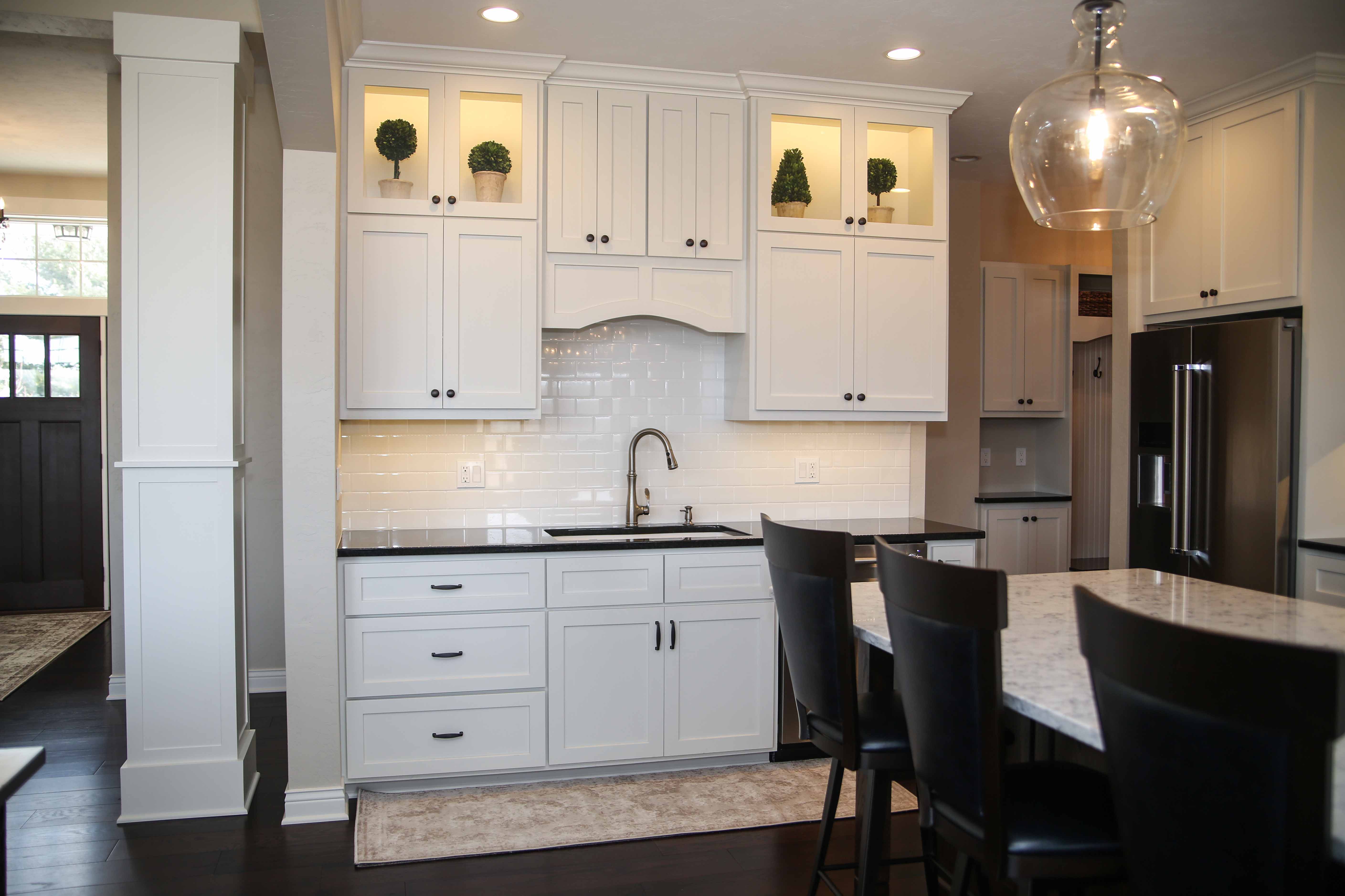
Let’s take countertops for example. Let’s say that initially you thought you’d want to do granite tops in your kitchen, so we priced it out based on your kitchen design and put an allowance of $5,000 in your contract for this. As the project progresses, maybe you change your mind and decide you’d love quartz tops instead and they cost $5,400. You’re armed with the info right from the start that you already have $5,000 in your budget for this selection and if you choose the quartz instead, then you know that you are $400 over your planned budget. This also works the other way too… maybe you choose an option that came in a little less than your allowance. Then this money would be credited to your budget.
We include allowances for all of the categories that are based heavily on owner selection; cabinetry, countertops, flooring, ceramic tile, etc. As a side note, make sure to look at your allowances if you’re comparing bids as well. Going with the cheaper bid isn’t always the right decision if what they have in your contract doesn’t match with what you want to have in your home.
Also, this is a good spot for me to point out that it’s always a good idea to plan for the possibility of some overages when you’re building. Even though we do our absolute best to present a bid that will reflect the actual costs, there are some circumstances beyond our control that could alter the price. An example could be your well if you’re building in the country. Maybe we figured that they would need to drill 150 ft. but it actually required 200 ft. of drilling. It’s something that we could not have known ahead of time and will alter the price. The bottom line is that we do the best we can, but like anything in life, you have to account for the unexpected too. The best way to enjoy your building experience and be comfortable throughout the process is to give yourself just a little bit of wiggle room.
#socknessbuilders #buildhappy #buildhappyblog #fromthegroundup #newhome #newhomeconstruction #remodeling #newhomeinspo #newhomefinancing #newconstruction #build #housebuild #customhome

